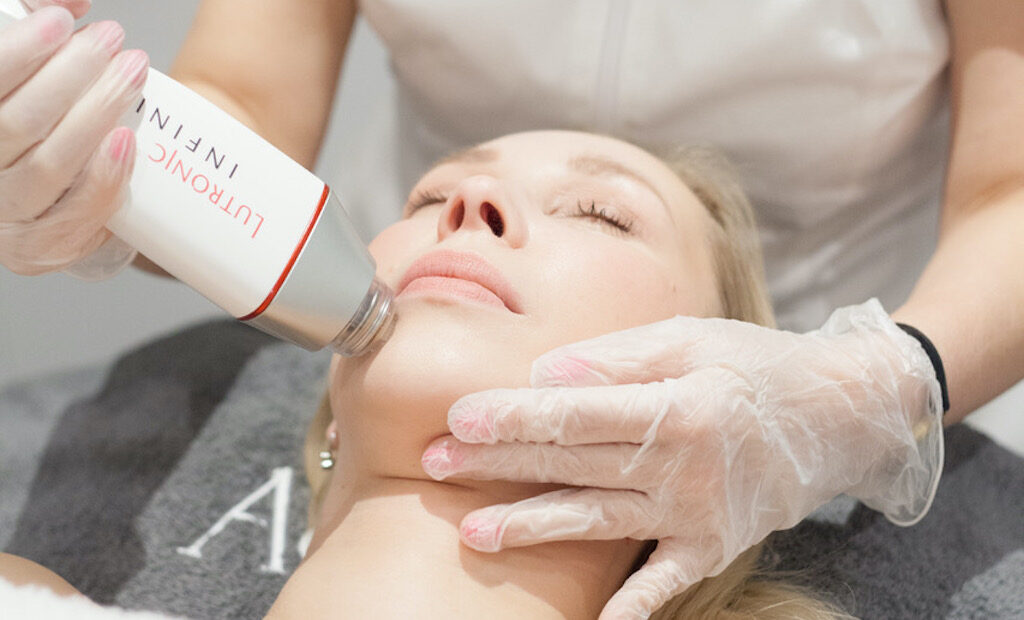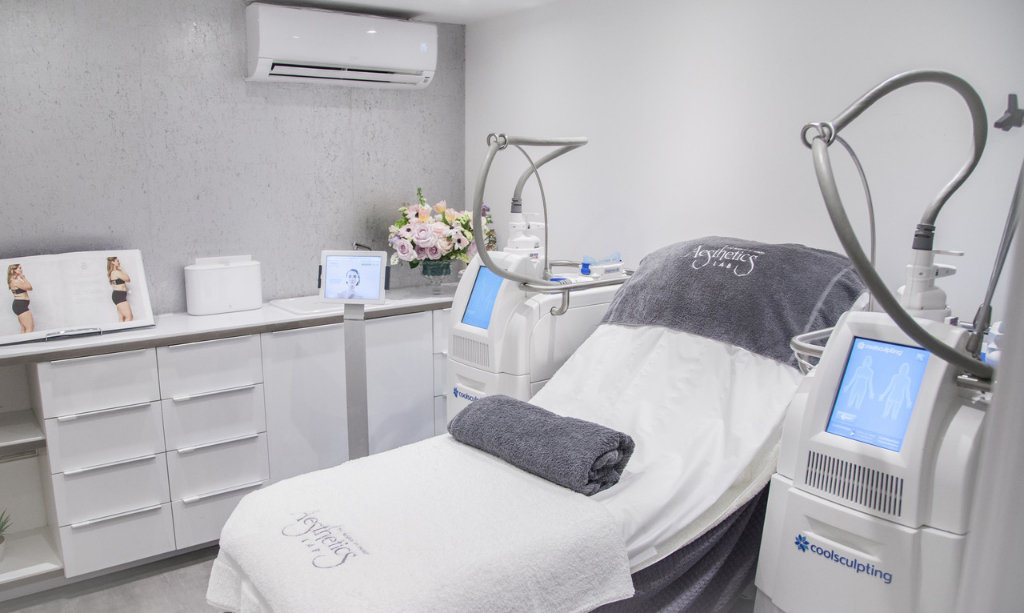Safety in the beauty and aesthetics industry – what you need to know

The beauty and aesthetics industry has seen incredible growth over the last decade, and last year the beauty industry was valued at $532 billion globally. With that being the case, there are going to be those who try and make money without fully taking into account people’s safety. This is particularly important in an industry where treatments, both surgical and non-surgical, can have lasting impacts on people’s bodies.
As cosmetic clinics and beauty salons open back up following the Covid-19 lockdown, there are going to be increased safety measures in place. With this in mind, it seemed like a good idea to look at safety in a broader context across the industry. To do this, one of Aesthetics Lab’s founders and directors, Tania Zahoor Rashid, will be sharing her thoughts. Along with her business partners, they launched Aesthetics Lab in 2015 and have since established themselves as a leading London clinic where client safety is a top priority.
Safety and regulation
While other industries have regulatory bodies, Tania highlighted the lack of such an organisation for the aesthetics industry as a major issue. “The lack of regulation means that treatments like laser hair removal, Botox injections and chemical peels, all of which can have complications, can be administered by someone who may not be adequately trained and does not have relevant qualifications.” This is particularly concerning as, while some treatments are minimally invasive, some treatments penetrate deeper into the skin and interact with nerves and muscles.
Tania said that there are “a number of professional standards for aesthetic practices set out by the General Medical Council and voluntary accredited registers like Save Face”, however, “there absolutely needs to be a regulatory body like in the United States for example.”
Research before having treatments
In the same way, it’s essential to do your research before buying a car or choosing a hotel to stay at, researching a beauty treatment is vital as this could have long-lasting impacts on your body. Tania highlighted the questions you should be asking at any clinic before having some of the more popular treatments:
“Is it a medical professional, a doctor or nurse, administering any injectable treatments like Botox and fillers?”
“How much experience in the industry does someone administering chemical peels or laser hair removal have?”
“Does the person carrying out treatments like microneedling or HIFU (High-Intensity Focused Ultrasound) hold an NVQ level 3 and 4 qualifications?”
Another thing to keep in mind is that if you’re pregnant, you should not be going for any cosmetic treatments. “There are no studies to show that a certain treatment may be safe” Tania explained, but “you can have a facial with skincare that is suitable for pregnancy, i.e. very natural without any harsh chemicals.”
Home treatments
The ease with which products can be purchased online today could lead people to think that they can perform treatments at home and achieve the same results as in a clinic. However, as highlighted above, some of the most popular treatments require years of study, experience and qualifications. “We read horror stories in the press about people trying to inject themselves at home, especially during lockdown. This simply cannot be done” Tania said. Professional grade treatments should only be done in a clinic and by a professional. Tania went on to say that “there are peels that are suitable for home use and they won’t be as strong and will have lower percentages of active ingredients, thus making it safe to use at home.” She did state that even these should be prescribed by a professional for the best results.
Because of all of these factors, it is always best to seek professional advice first, as Tania pointed out even “when reading about a treatment online, customers will not necessarily know whether it is, in fact, suitable for their needs.”
Overall, Tania said that customers are more aware and are doing their research before coming in for treatments, which is positive. “Reviews and clinic reputation, as well as that of practitioners, makes a lot of difference to the clients. There is a lot of media attention on bad experiences and treatments going wrong, as well as clinics and practitioners themselves being very active on social media and other channels educating and making sure consumer knows of side effects and possible bad outcomes. So, overall safety is definitely improving”.
The editorial unit






















Facebook
Twitter
Instagram
YouTube
RSS